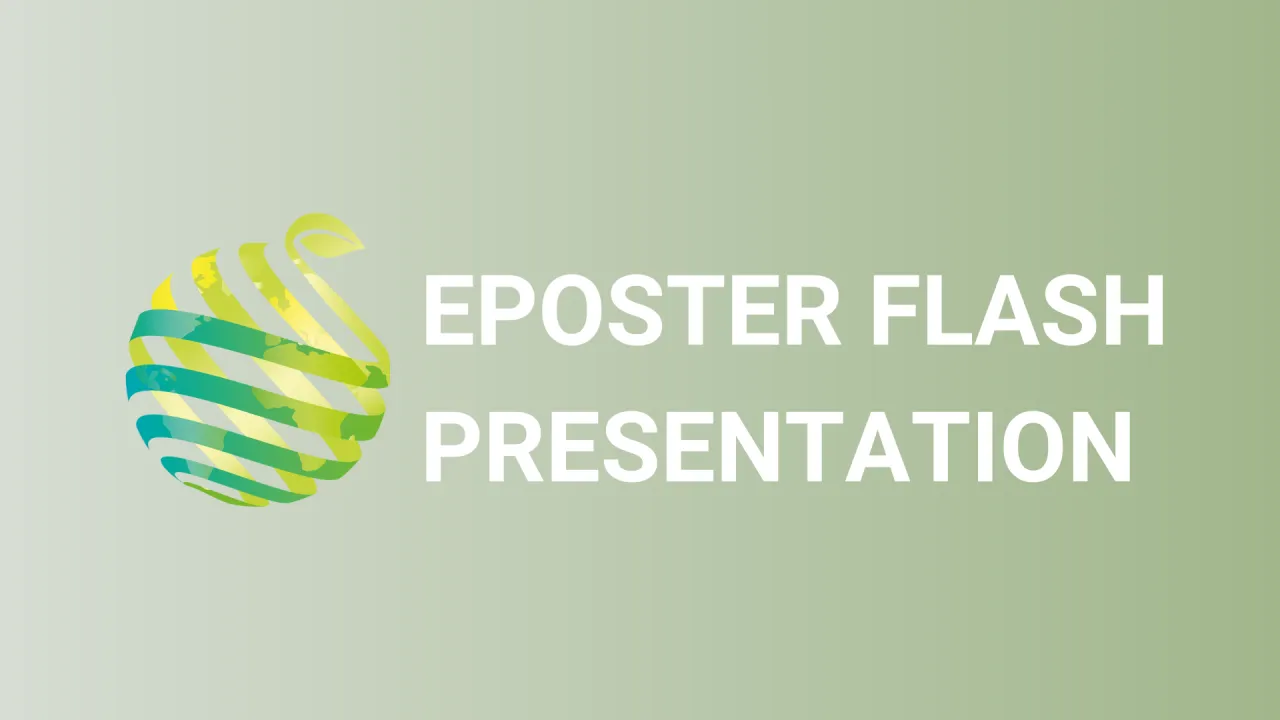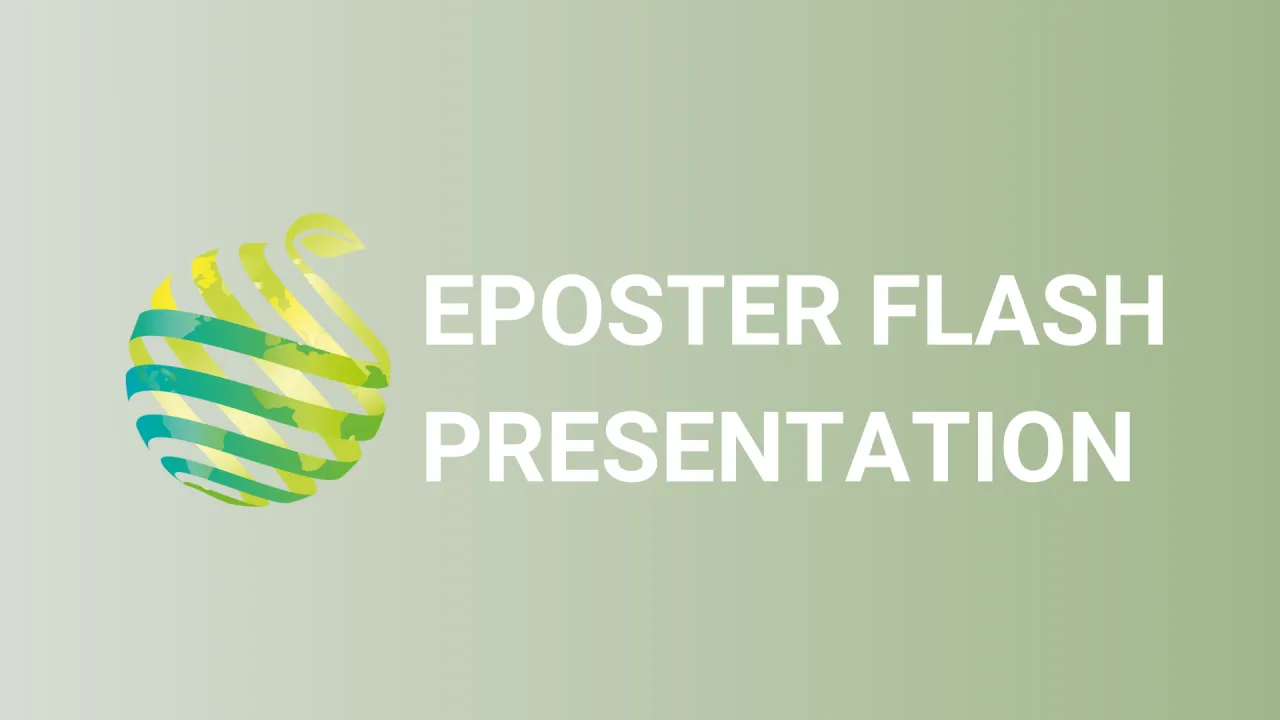

S06 - Session P3 - Innovative biostimulants improve yield of cucumber grown in date palm waste as a sustainable soilless substrate
Information
Authors: Mohamed Ewis Abelaziz, Abdulla Alkhathami, Muein Qaryouti, Wim Voogt, Heribert hirt, Maged Saad, Abdulaziz Alharbi *, Khalid Alassaf
Greenhouse technology requires relevant innovations to enhance food sustainability and empower crop production under soilless culture. In Saudi Arabia, date palm waste (DPW) is a locally available substrate, with the potential to be an alternative sustainable substrate for soilless culture. In addition, one of the global sustainable solutions is using beneficial microbes (Biostimulants) for increasing vegetable yield and quality in greenhouses under full agronomic cycle. The national research and development center for sustainable agriculture (ESTIDAMAH) has used two new commercial biostimulants innovated by King Abdulla University for Science and Technology (KAUST), in comparison with imported commercial biostimulant, to improve yield of cucumber grown in sand and DPW substrates, under controlled greenhouse compartments. Seeds of Cucumis sativus "Zahran F1" were coated with the biostimulants, then seedlings were arranged in a Venlo type greenhouse covered with standard tempered glass, whereas plants were supplied 3 times with the inoculate suspension through the growing cycle. Three weeks post transplanting, KAUST biostimulants resulted better growth performance for plants grown in DPW in comparison to sand culture. By the end of the experiment, average yield of imported commercial biostimulants did not improve productivity of cucumber under both growing substrates, while the innovated commercial KAUST biostimulants significantly increased fruit yield of inoculated plants by 5% and 12% in sand and DPW, respectively, in comparison to non-colonized plants. Concluding that the use of biostimulant serve as a sustainable bridge to enhance commercial greenhouse technology in KSA. In this respect, we are introducing the application of the biostimulants to soilless DPW substrate as a novel practice to improve production of controlled greenhouses and increase the sustainability of local available substrates in KSA.